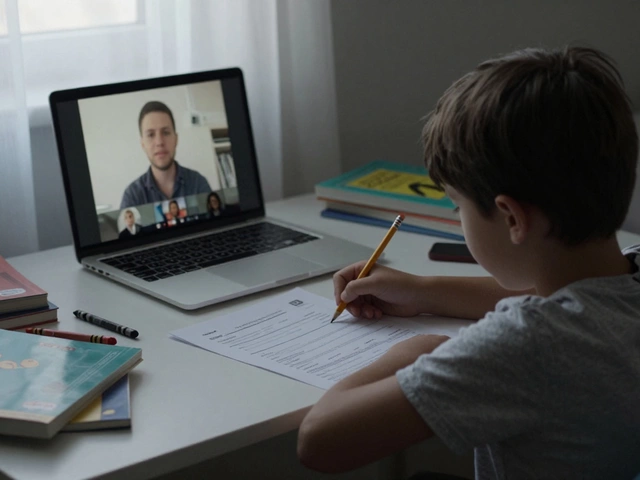Grade 3 Learning Made Easy: Tips for Teachers and Parents
Getting through grade 3 can feel like a roller‑coaster. Kids are reading longer stories, tackling multiplication, and starting simple experiments. You probably wonder what to focus on each week and how to keep the homework flow smooth. This guide breaks down the basics, gives quick classroom tricks, and points you to free online tools that actually work.
Core Subjects in Grade 3
In grade 3 the curriculum tightens around three big areas: reading, maths and science. For reading, aim for fluency with texts that have a mix of dialogue and description. Let kids practice summarising a paragraph in their own words – it builds comprehension fast. Maths moves from single‑digit addition to times tables up to 5 × 5. Use real‑world objects like coins or snack packs to show why 3 × 4 equals 12. Science introduces simple experiments, such as growing beans or testing magnetic forces. Keep notes short and let pupils draw what they see; visual recall is stronger than pure text.
Practical Tips for Homework and Activities
Homework doesn’t have to be a battle. Set a clear, short time limit – 20 minutes works for most third‑graders. Break tasks into bite‑size steps: first read the problem, then underline the numbers, finally solve it. Celebrate each completed step with a quick high‑five or a sticker. For reading, pick a short story and ask three easy questions: who, what, and why. This turns reading into a conversation, not a chore. When you need extra practice, try free sites that offer printable worksheets and interactive quizzes – just search for "grade 3 worksheets" and pick the ones with colorful visuals.
Another useful trick is to link learning to daily life. Let kids help measure ingredients when baking – this reinforces fractions and volume. Ask them to sort recycling into categories; it boosts classification skills and environmental awareness. Simple outdoor hunts for leaves, rocks or bugs turn science into a game, and you get a breath of fresh air too.
Remember, consistency beats intensity. A few minutes of review each evening sticks better than a long session once a week. Keep a small notebook where your child can jot down new words, math tricks, or observations from a science experiment. Review it together on weekends; the repetition solidifies memory.
Grade 3 is a prime time to build confidence. Praise effort, not just results, and let kids see that mistakes are part of learning. With clear goals, short practice bursts, and everyday connections, you’ll notice steady progress without the stress. Use the tips above, explore free worksheets, and enjoy watching your third‑grader flourish.






